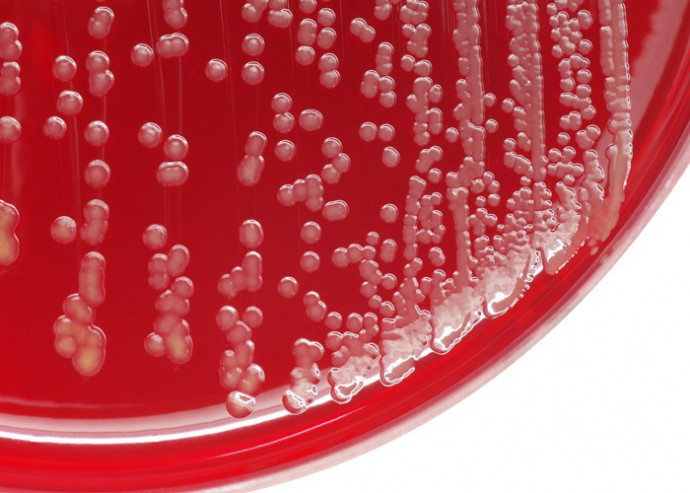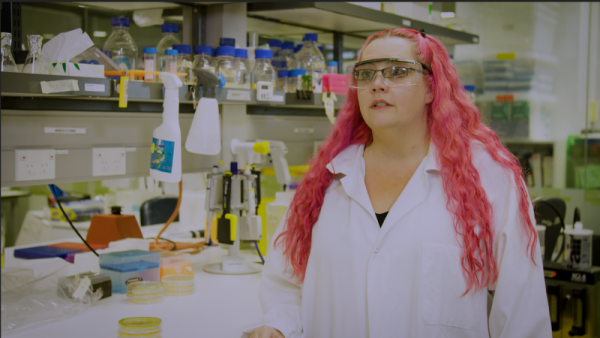News
Published 17 May 2017Growing antimicrobial resistance a major health issue for New Zealand

New Zealand is in no way insulated from the global growth in antimicrobial resistance that is predicted to kill more than 10 million people worldwide every year by 2050 and to have major impacts on animal health, warns Royal Society Te Apārangi.
Today the Society released its latest report, a summary of the research on antimicrobial resistance.
Many microbes that commonly cause infectious diseases in humans and animals are becoming resistant to the medicines we use to treat these diseases. These microbes include viruses, bacteria, fungi and parasites and cause illnesses such as skin and urinary tract infections, pneumonia and tuberculosis.
 Dr Siouxsie Wiles, a microbiologist from the University of Auckland, a Royal Society Te Apārangi Councillor and an expert adviser on the report, says antimicrobial resistance is not a new thing.
Dr Siouxsie Wiles, a microbiologist from the University of Auckland, a Royal Society Te Apārangi Councillor and an expert adviser on the report, says antimicrobial resistance is not a new thing.
“Microbes have become resistant to the medicines we have used to treat them ever since we started using medicines, but the problem is we are running out of medicines that work. The cupboard is now bare.”
“In the United States last year was the first case of an infection in a patient with a completely resistant organism. The doctors tried 26 different antibiotics, none of which worked. The doctors had nothing left to try and the patient died.”
For those who think New Zealand’s relative isolation will protect us somewhat, Dr Wiles’ message is stark.
“In New Zealand we are as vulnerable as the rest of the world. We have higher rates of many infectious diseases than countries like the USA, the UK and Australia and a growing number of those organisms are becoming resistant to our medicines.”
“Here in New Zealand we travel a lot and every time we travel overseas whether it’s for holiday or for trade and business, we have the opportunity to bring resistant organisms back into New Zealand.”
“We are also breeding them here ourselves, especially by the way we use and abuse antibiotics.”
All New Zealanders can help reduce the growth in antimicrobial resistance by practising high standards of hygiene, such as correct hand washing, taking antibiotics only as prescribed and not insisting on antibiotics from doctors and vets.
As antimicrobial resistance is a global issue, New Zealand has made a commitment to the World Health Organisation to have a national antimicrobial resistance action plan. New Zealand’s Ministry of Health and Ministry for Primary Industries are working with research institutes and other human and animal health organisations to prepare such a plan to combat resistance and to set out how we can use antimicrobial medicines more wisely in New Zealand.
The Royal Society Te Apārangi report warns, however, that this action plan will likely only delay and reduce the severity of the impact of antimicrobial resistance here in New Zealand.
Dr Wiles says the same is likely to apply to the research underway in New Zealand and overseas to discover and develop new antimicrobial medicines.
“It may buy us time but we are unlikely to find the silver bullet. Antimicrobial resistance is a serious issue for us, up there with climate change as one of the most pressing issues of our time, and we all need to be informed and take steps to help.”
A copy of the report and resources can be found at royalsociety.org.nz/antimicrobial
